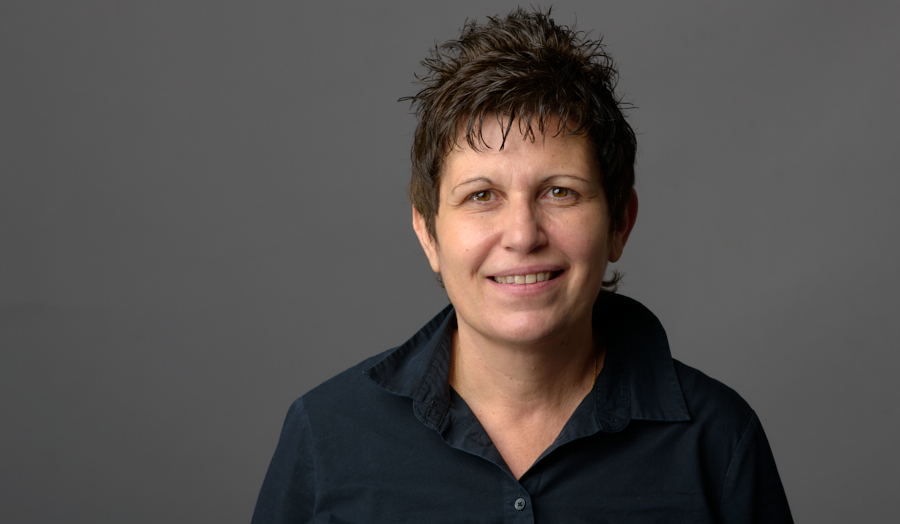Let’s break the mold, let’s shake the world: Why women cannot advance in professional roles in finance?
Overview
Finance is an area still dominated by men despite figures indicating the opposite. This study wishes to investigate why women would work in investment banking (IB), but not progress into professional roles. Eighteen female employees in three banks in London will be interviewed, to explore how gender diversity could be tackled within the sector. The research will hopefully reveal the challenges that women in IB face when they seek career advancement. The research will offer recommendations for Human Resources managers and Senior Management Teams in Finance.
More information
The literature on women in finance reveals that women are an endangered species, as male investment bankers tend to maintain the status quo (CFA, 2016). In Europe, women represent less than 50% of all Chartered Financial Analyst members. Research indicates that women are risk-averse and avoid entering competitive professions (“self-selection”, see Niederle and Vesterlund, 2007). Taking into consideration the focus on equality, diversity and inclusion, which has been further supported by the gender pay gap legislation in the UK, investors avoid companies with large gender pay gaps urging them to take positive action as these also want to attract talent (CIPD, 2019). The Financial Conduct Authority (2020) reports only 17% of positions are held by women. The attempts to understand the underrepresentation of females in these roles are in their infancy and the current study wishes to explore female employees’ experiences in investment banking and identify the barriers which prevent them from entry/progression within investment management (IM).
Despite considerable research exploring the inequalities women in finance face, very few studies use qualitative methods to explore the experiences of women working within the sector (Neck, 2015; Pryce and Sealy, 2013; Hall, 2013). Moreover, although Senior Management Teams within the industry have hired young female graduates and invested in their development into senior executive positions, there are still obstacles (real and perceived) challenging women nowadays (Hewlett, 2002). The current study therefore aims to address the following research questions:
-
Why women face barriers in terms of their career advancement in IB in the UK?
-
Which are the barriers female IM face in terms of their career advancement in IB in the UK?
Using the theories of gender performativity (Sheerin and Linehan, 2018), social closure theory (Weber, 1920) and hegemonic masculinity (Hearn and Morgan, 2014), the researcher will depict female employees’ challenges in their career progression to professional roles in IB. This study will utilise an exploratory multiple case study design to explore a particular contemporary phenomenon within its real-life context (Saunders et al., 2016).
The main aim of this case study will be to build theory to answer its “why” question (Yin, 2011), as theory building requires rich description, “richness that comes from anecdote” (Shah et al., 2006, p. 89). For this study, the interviews will be conducted via video call. The study will utilise opportunity and snowball sampling processes and the participants will sign an informed consent form that will promise their anonymity. All data will be analysed using thematic analysis (Braun and Clarke, 2012).
The aim of this empirical study is to understand the barriers aspiring female managers face in IB. Through semi-structured interviews, data will be collected from 18 respondents. Thematic analysis will be used to analyse the findings of the study. Implications of the findings will be discussed to unveil the gendered challenges that women still face in finance.
In progress.
- Presentation at the Chartered Institute of Personnel and Development Applied Research conference 2023.
- Preparation of an article.


